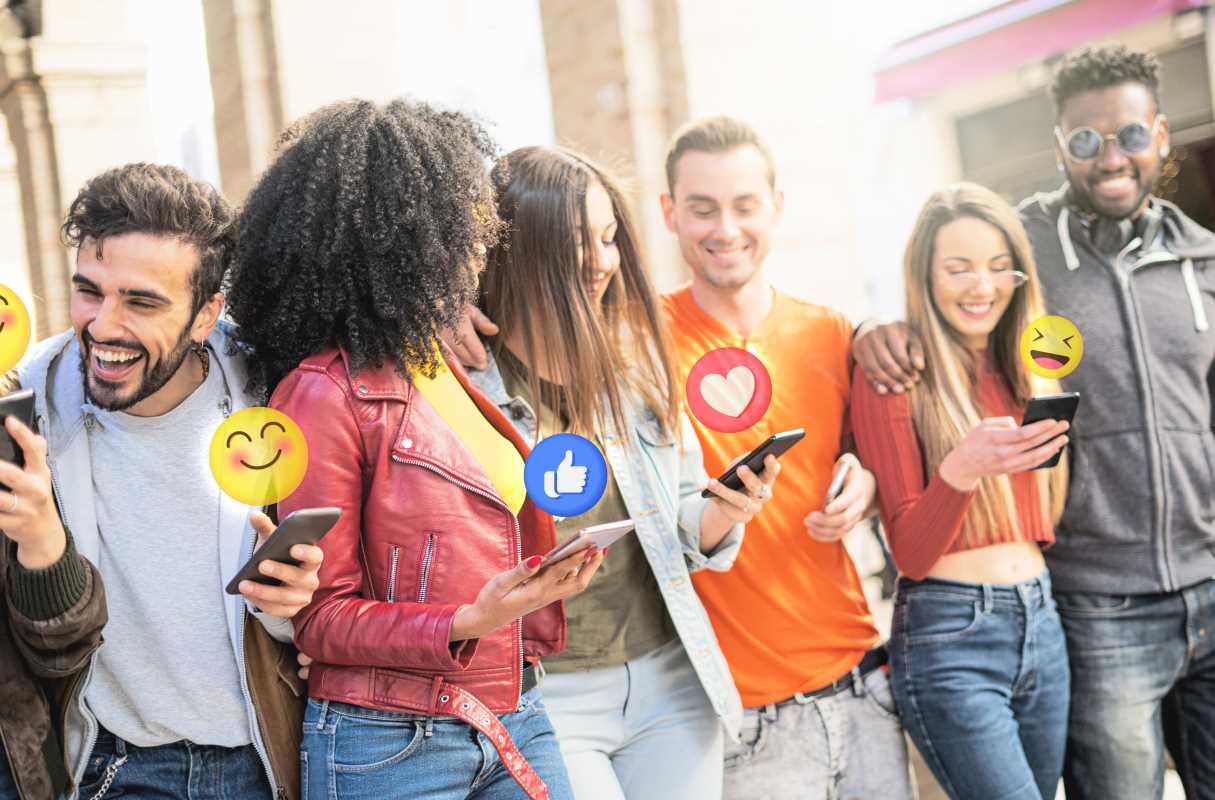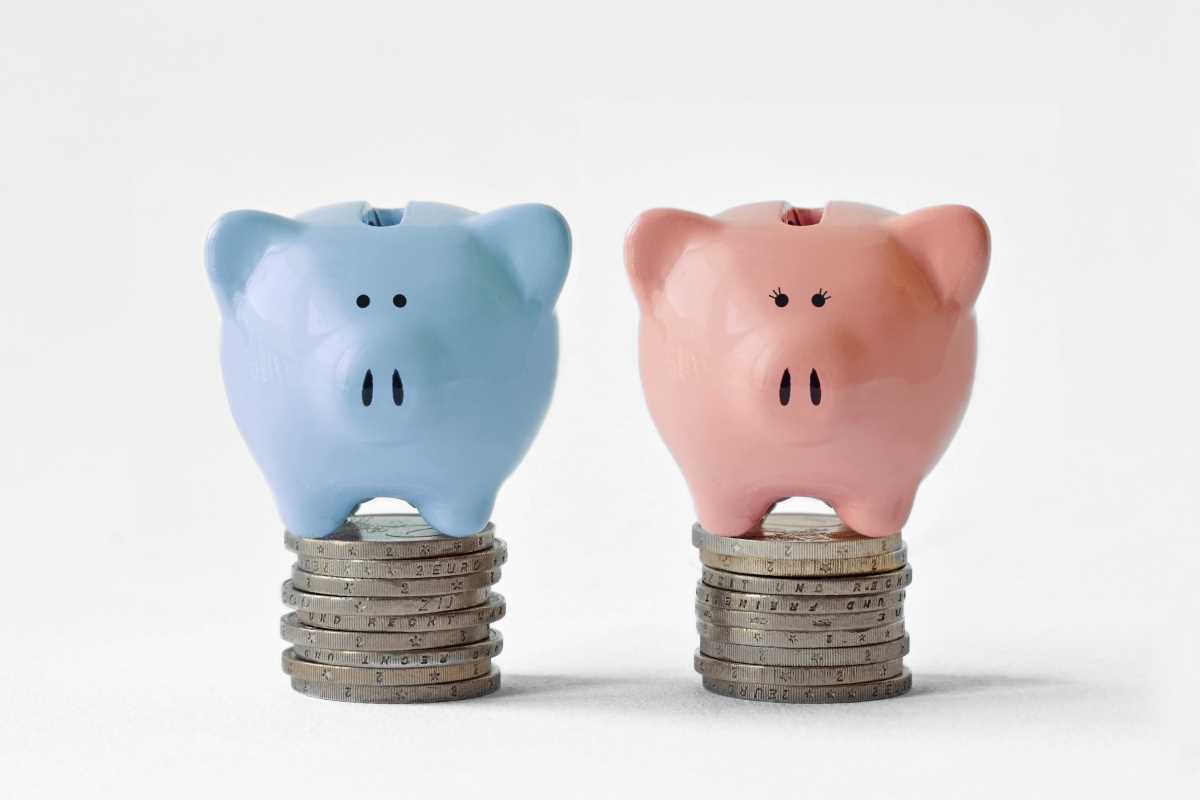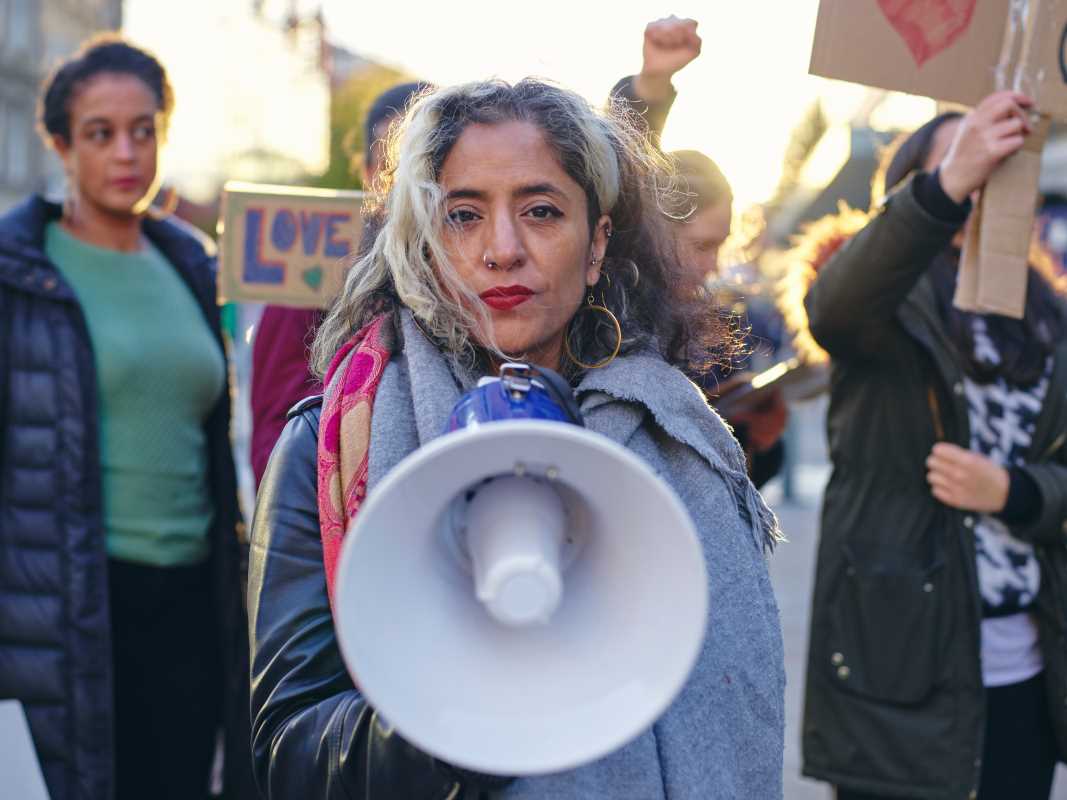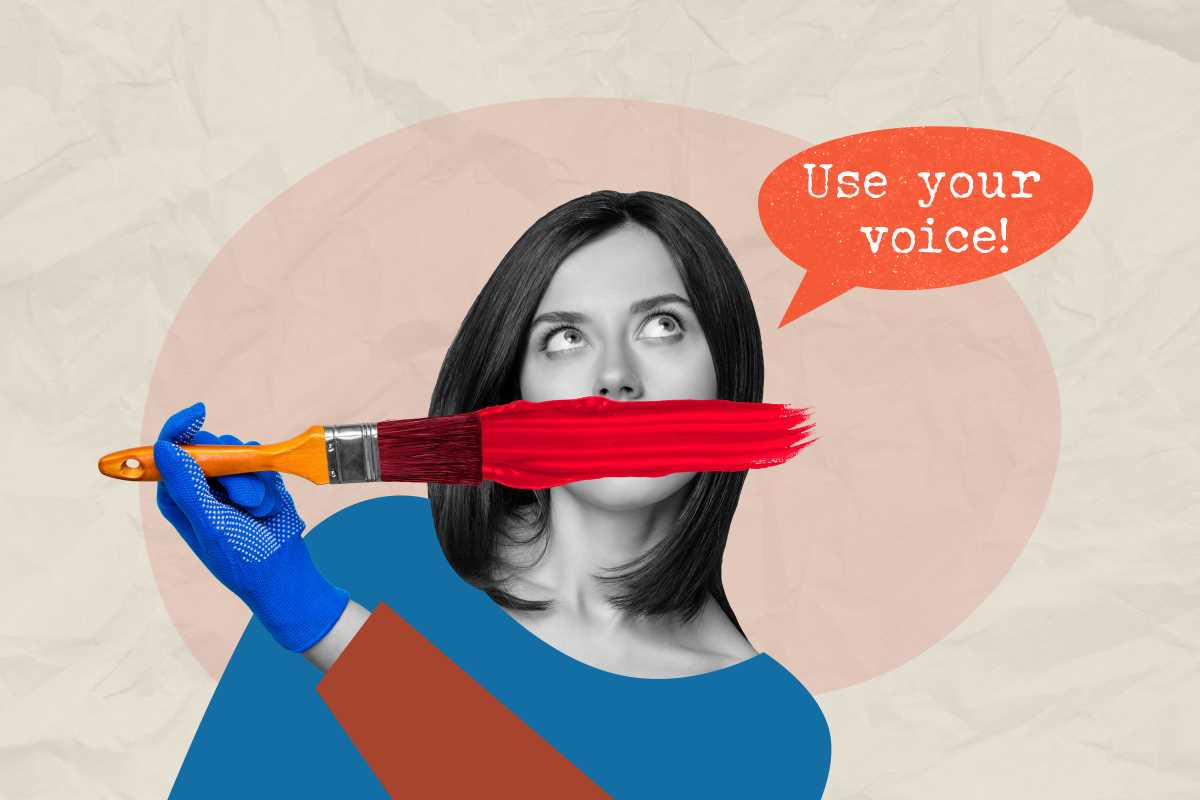Have you ever felt like you really know your favorite YouTuber, podcaster, or TikTok creator? Maybe their stories feel so relatable it’s as if they could be your friend. You know their morning routines, their pets’ names, and even their insecurities because they share so much about their lives online. But here’s the catch – they don’t know you. This one-sided connection is called a parasocial relationship, and it’s become increasingly common in the world of online fame.
Parasocial relationships aren’t new – they’ve been around since the days of TV and radio hosts. But social media has taken the concept to a whole new level. Now, influencers and celebrities feel closer than ever, often inviting fans into their daily lives and forming bonds that feel real. Yet, no matter how authentic these connections seem, they can warp how we perceive reality, others, and even ourselves.
But what exactly are parasocial relationships? How do they affect the way we view online fame? And are they harmless fun, or do they come with risks? Let’s unpack this fascinating phenomenon and how it’s reshaping our interactions with public figures.
What Are Parasocial Relationships?
The term “parasocial relationship” was first introduced in the 1950s to describe the illusion of a two-way bond between media personalities and their audiences. Think talk show hosts, TV characters, or news anchors. Viewers felt like they “knew” these people intimately, even though the connection was entirely one-sided.
Fast forward to the age of social media, and these relationships are more personal and pervasive than ever. Platforms like Instagram, YouTube, and TikTok allow influencers to share the tiniest details of their lives – family milestones, mental health struggles, or even grocery runs. This level of access creates a sense of intimacy that feels almost indistinguishable from real-life friendships.
These bonds are “parasocial” because while fans might deeply care about the influencer, the influencer isn’t aware of their individual followers. It’s a one-way street, no matter how personal the connection feels.
Why Are Parasocial Relationships More Common Online?
Social media plays a huge role in amplifying parasocial relationships. Unlike traditional media, where celebrities felt inaccessible behind TV screens or movie premieres, social platforms create an illusion of closeness. Here’s how social media exaggerates this effect.
Constant Access
Think about it – your favorite influencer is likely just one tap away. You can binge-watch their content, reply to their tweets, or react to their Instagram stories all day. This 24/7 access blurs the lines between public figures and private lives, making you feel involved even though you’re just a spectator.
Personalized Interaction
Many influencers reply to comments, “like” fan posts, or directly address their audience in videos. Even if they respond to just a handful of followers, it creates the illusion that everyone has a chance at forming a personal connection. This “feedback loop” strengthens the sense of closeness.
Vulnerability and Authenticity
The influencers we feel most attached to are often those who appear vulnerable or relatable. Sharing struggles like mental health challenges, career failures, or breakups can make fans feel like they really know the influencer’s true self, fostering more emotional investment.
The Upsides of Parasocial Relationships
Not all parasocial bonds are bad! For many people, especially during lonely or isolating times, these one-sided relationships can provide comfort, entertainment, and even inspiration.
A Sense of Belonging
Parasocial relationships can feel like a lifeline for people who struggle with real-world social connections. Watching a familiar face on YouTube or Instagram, laughing at their jokes, or listening to their advice can offer a sense of belonging that might be missing in everyday life.
Role Models and Guidance
Many influencers use their platforms to inspire others. Fitness gurus, mental health advocates, or career coaches often encourage followers to improve their lives, set goals, or overcome personal challenges. Feeling connected to a virtual mentor can boost motivation and positivity.
Harmless Escapism
Sometimes, it’s just fun! Following a celebrity or influencer you admire can be a lighthearted way to break from reality, unwind, or connect with like-minded fans.
The Dark Side of Parasocial Relationships
As comforting as parasocial relationships may seem, they can also come with risks. These connections, while sometimes beneficial, can distort our perception of reality in some troubling ways.
Unrealistic Expectations
Many influencers curate their content to show only the most polished or entertaining parts of their lives. Even when they share personal struggles, it’s often done in a way that still feels carefully controlled. Fans can forget that they’re only getting a partial view of a person – not the full picture. This can create unrealistic expectations about how life, success, or even friendships should look.
Emotional Overinvestment
One of the biggest dangers of parasocial relationships is the emotional energy fans may invest in them. People may form attachments so strong that they feel betrayed when influencers make mistakes, pivot their content, or set boundaries with their audiences. The fallout can range from feeling disappointed to outright hostility, as fans forget that they’re not entitled to the influencer’s personal life.
Blurred Boundaries
Sometimes, parasocial relationships can push fans to overstep boundaries. This happens when individuals start expecting influencers to reciprocate their involvement or when admiration turns into obsession. Cases of stalking, harassment, and other invasions of privacy are extreme examples of what happens when these boundaries collapse.
Impact on Real Relationships
For some people, prioritizing parasocial interactions can come at the expense of their real-world relationships. If too much time is spent focusing on an influencer’s life, it can lead to neglecting meaningful connections with family or friends.
How Parasocial Relationships Shape Public Perception
One of the most interesting things about parasocial relationships is how they influence the way we view influencers, fame, and even public scandals.
Reality vs. Performance
When people feel “close” to influencers, they may start viewing them as genuinely authentic rather than performers or content creators. The problem arises when influencers inevitably show imperfections or act in ways that clash with their curated image. Fans can be quick to judge or turn against them, forgetting that they’re human beings with flaws.
The Good and the Harm of “Cancel Culture”
Parasocial relationships also feed into the dynamics of cancel culture. When influencers fall out of favor – whether for a misstep or a heated controversy – the backlash can be swift and overwhelming. Fans who once adored them can become critics overnight, and the fallout is magnified by the emotional nature of parasocial connections.
Influence on Fame
Finally, parasocial relationships can distort who gets to become famous and why. Often, the people who build the strongest parasocial relationships are those with relatable personas or compelling storytelling skills, not necessarily those with measurable talent or expertise. This shifts the concept of fame from accomplishment to accessibility.
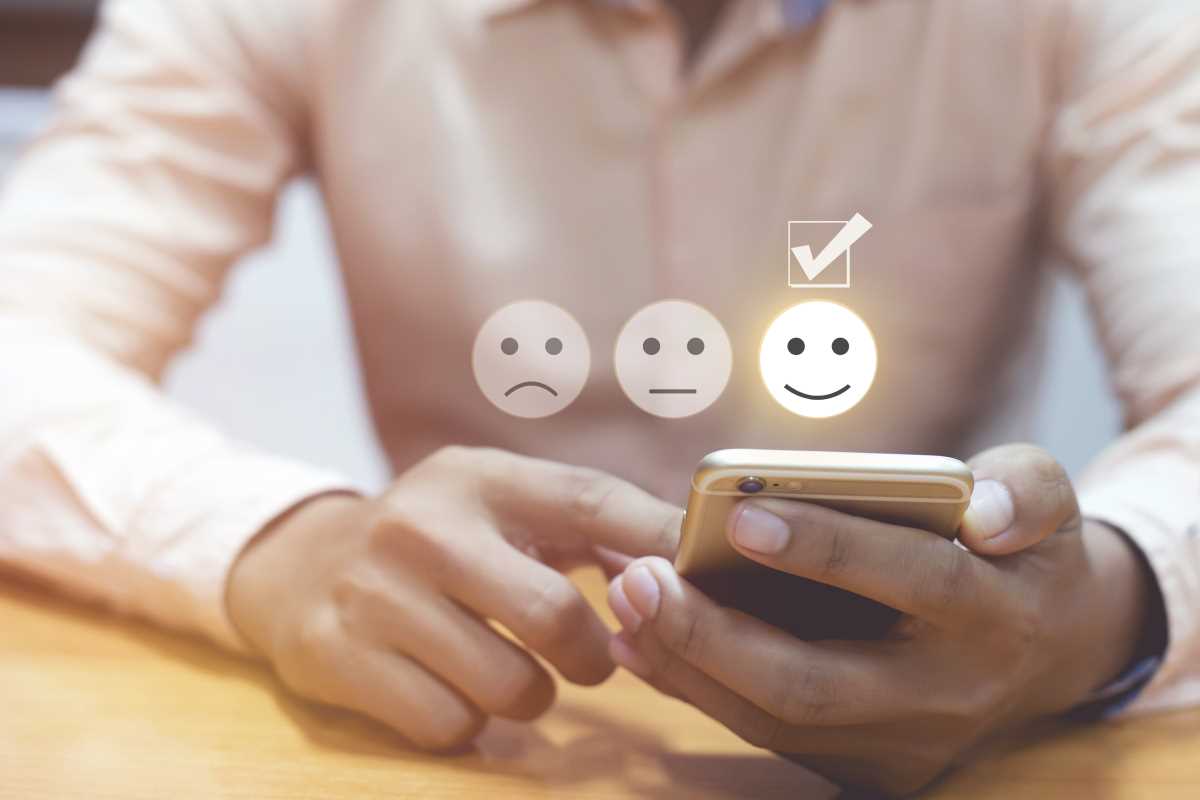 (Image via
(Image via

